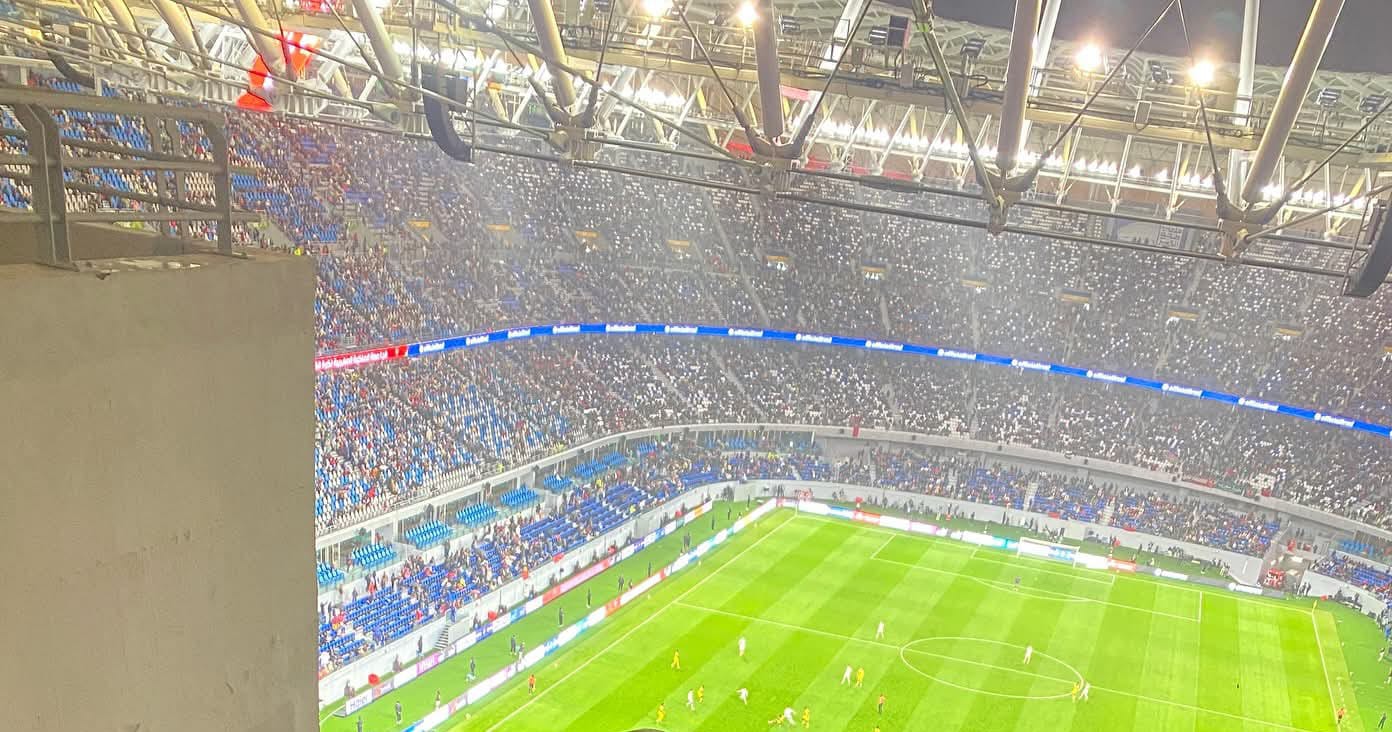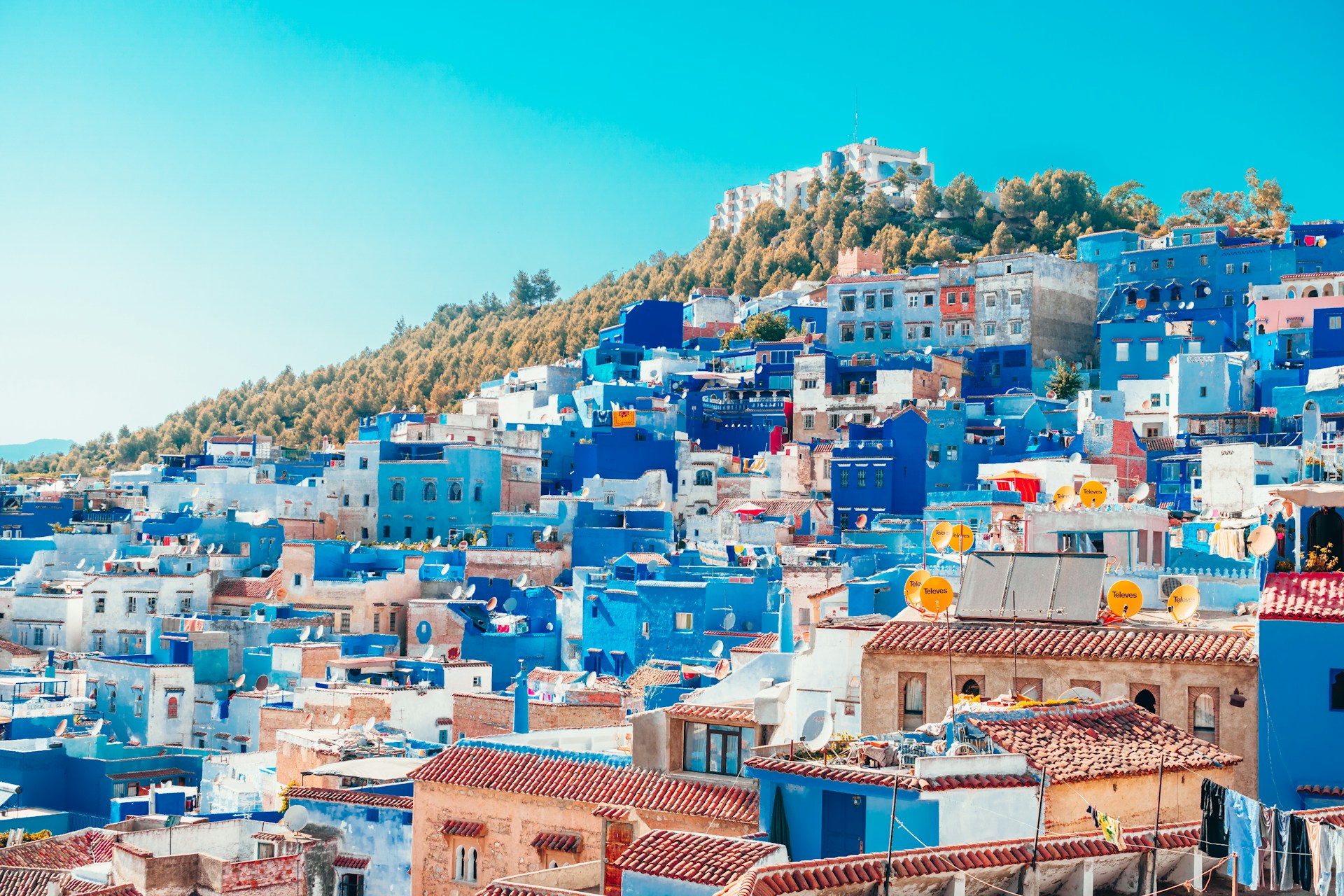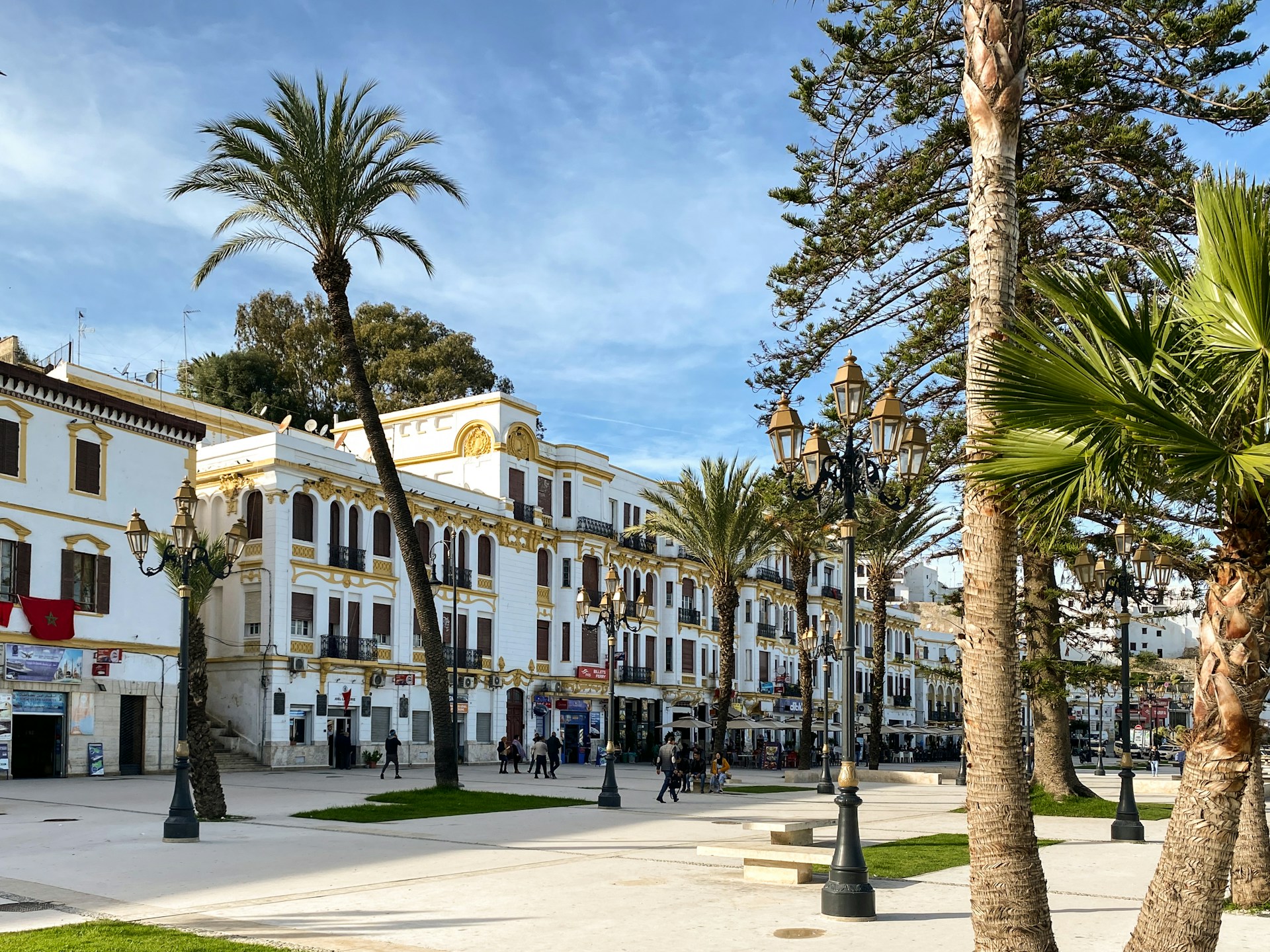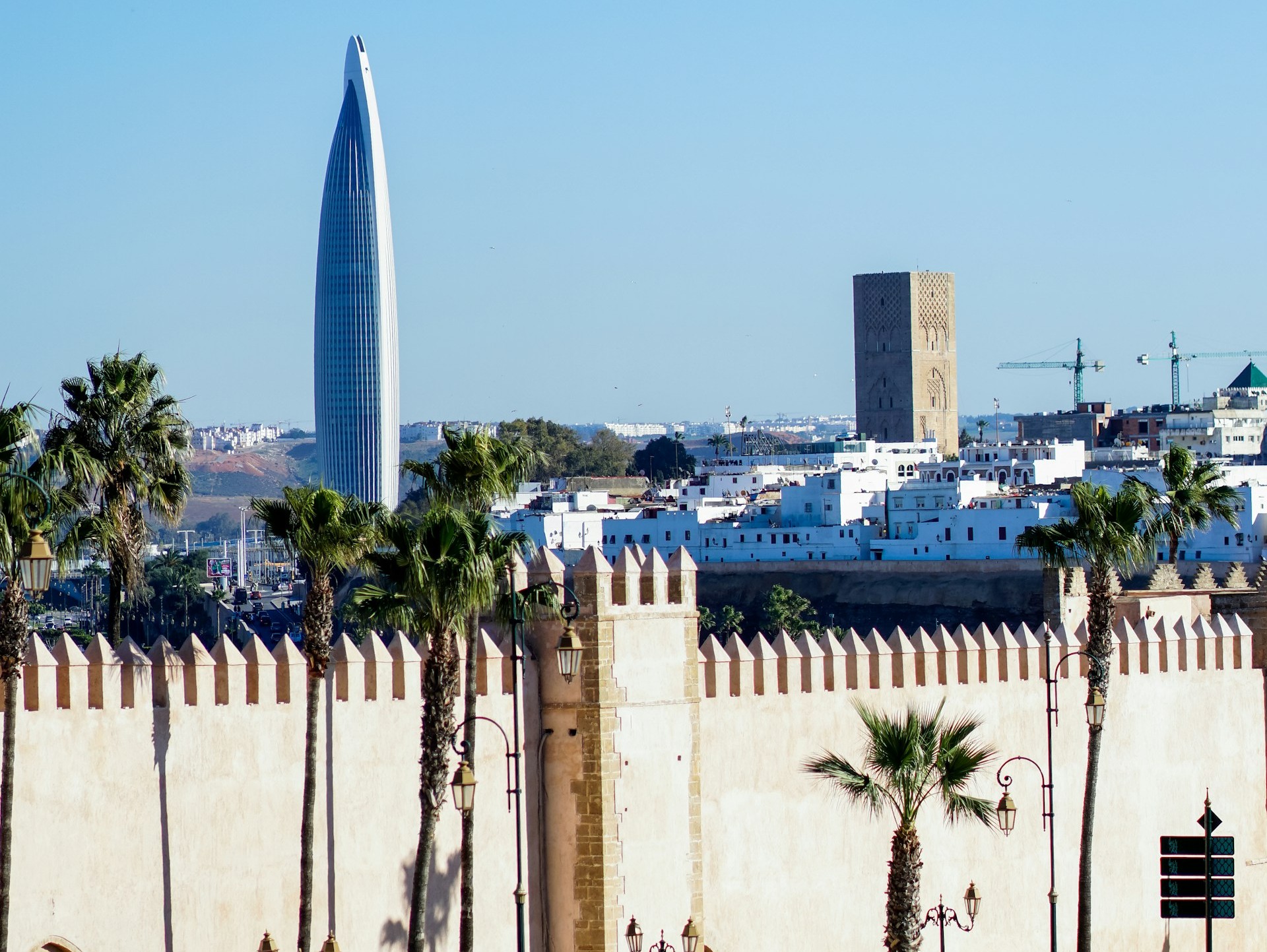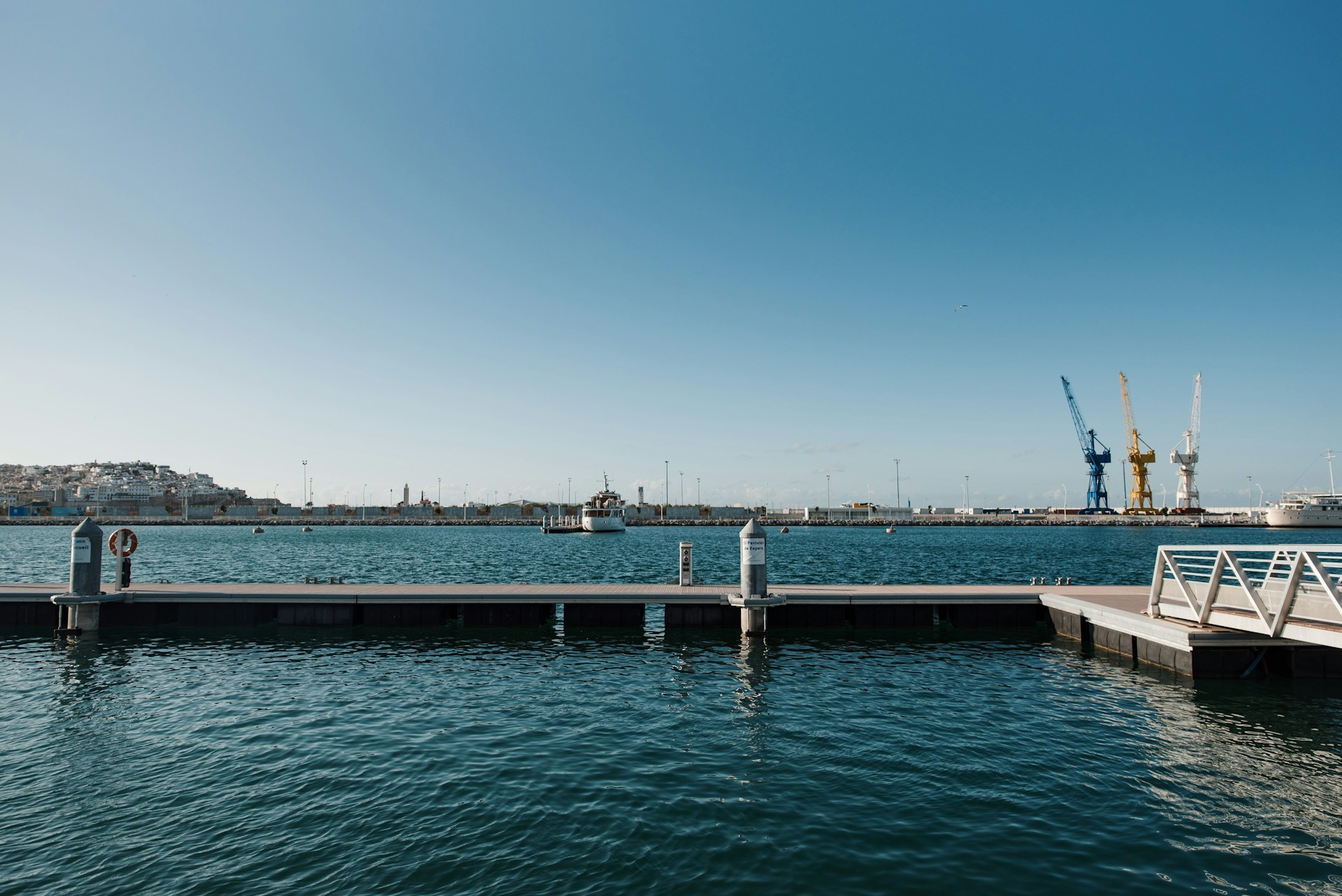Casablanca – As Morocco prepares to host the Africa Cup of Nations (AFCON) in December 2025, the country’s tourism authorities, industry operators and regional councils are accelerating efforts to transform the continental sporting event into a strategic opportunity for long-term tourism expansion. The tournament, scheduled from 21 December 2025 to 18 January 2026, is expected to attract tens of thousands of African and international visitors to the six host cities, while generating momentum that officials hope will continue well beyond the final match.
Broad national preparations for increased demand
The Ministry of Tourism has emphasized in recent weeks that the national tourism ecosystem is ready to accommodate the expected surge in visitors. The ministry confirmed that work has been carried out not only to strengthen accommodation capacity in the cities hosting the matches—Rabat, Casablanca, Fes, Marrakech, Agadir and Tangier—but also in secondary cities that will serve as training hubs or as accommodation bases for team delegations and supporters.
According to the ministry, the preparations fit within the government’s broader vision of “territorial equity,” ensuring that visitors have access to consistent standards of hospitality, transportation and local services regardless of where they travel in the country. Officials have argued that major events such as AFCON will encourage visitors to extend their stays, allowing them to explore regions beyond the host stadiums and benefit from the expanding domestic air network and improved tourism infrastructure.
Aviation expansion as a central pillar
A major area of focus in the preparations is air connectivity, given that more than 70 percent of international tourists arriving in Morocco choose to travel by air. Both the Ministry of Tourism and the National Airports Authority have highlighted the importance of strengthening flights to and from traditional source markets while simultaneously opening new connections. In the months leading up to AFCON 2025, new long-haul routes have been introduced, including a Marrakech–Atlanta link and a Casablanca–Shanghai direct line, reflecting a strategy aimed at diversifying inbound tourism flows.
Authorities also report that airlines operating in Morocco have added short-term capacity for the tournament period, with additional seasonal flights and higher frequencies to key African and European hubs. These measures, combined with coordinated marketing efforts, are designed to ensure accessibility, reduce travel constraints and support Morocco’s ambition to present itself as a natural platform for African football tourism.
Tourism sector sees economic and employment prospects
Sector players anticipate a significant economic impact from the event. The National Tourism Confederation considers AFCON an ideal opportunity to promote Morocco as a major tourism destination and an attractive environment for future investment. Given that tourism accounts for roughly 10 percent of global employment and is expected to generate nearly one-quarter of new jobs worldwide in the coming years, Moroccan operators see AFCON as a powerful accelerator at both regional and national levels.
The projected influx of visitors is expected to boost hotel occupancy rates, restaurant activity, transportation services and cultural and entertainment offerings in all host regions. Local councils, particularly in northern and southern cities, expect the tournament to strengthen the visibility of their destinations, attract new businesses and contribute to job creation for young people in hospitality, logistics and events management.
A national branding strategy centered on football
In parallel with logistical preparations, the Moroccan National Tourism Office (ONMT) has launched a wide-ranging promotional campaign under the new brand identity “Morocco, Land of Football.” The campaign, developed in partnership with the Royal Moroccan Football Federation, seeks to position Morocco as a dynamic, welcoming and culturally rich destination connected to Africa’s passion for the sport.
The ONMT has organized professional meetings with African tour operators, a European promotional roadshow, and digital initiatives targeting both international audiences and Moroccan diaspora communities. A major campaign film is being broadcast simultaneously in twelve countries, while digital platforms—including the “YALLA” app and the “Visit Morocco” website—are being updated with guides to host cities, transportation options, fan experiences and cultural activities.
To further enhance the visitor experience, fan zones will be set up across several cities, including Essaouira, El Jadida, Oujda, Béni Mellal and Laayoune, allowing residents and tourists to enjoy the tournament in a collective atmosphere beyond the stadiums.
Toward a lasting tourism legacy
While AFCON 2025 will serve as a short-term driver of tourist arrivals, Moroccan authorities view the event primarily as a long-term investment in the country’s global image and tourism competitiveness. By combining infrastructure upgrades, enhanced connectivity, targeted marketing and cross-sectoral coordination, the government and its partners aim to ensure that the benefits of the tournament extend well beyond the closing ceremony.
As Morocco continues preparing to co-host the 2030 FIFA World Cup, AFCON 2025 is widely seen as a decisive test of the country’s ability to organize large-scale international events while using them strategically to strengthen its tourism ecosystem, diversify its markets and reinforce its standing as one of Africa’s leading destinations.






